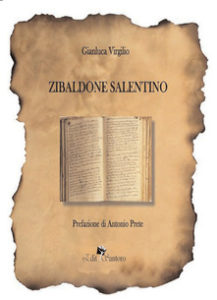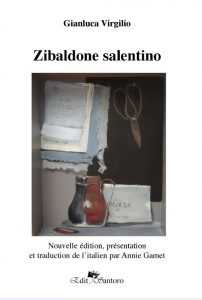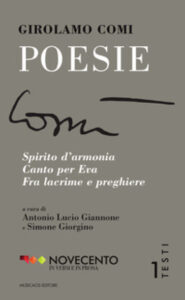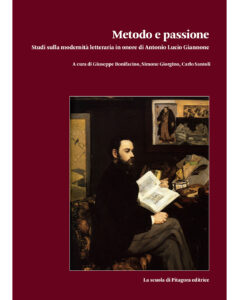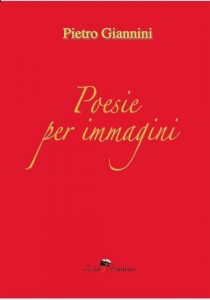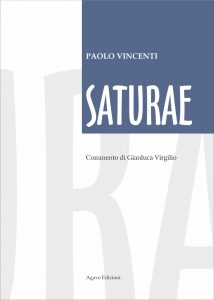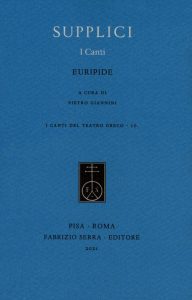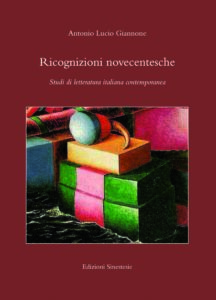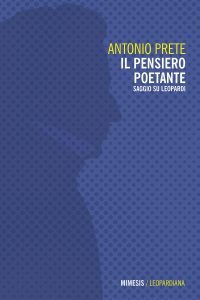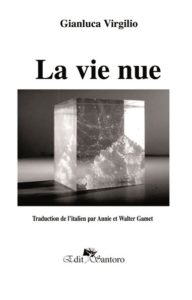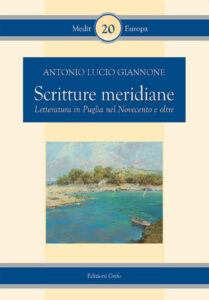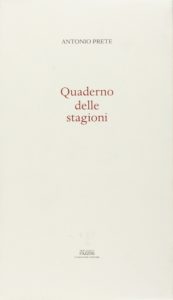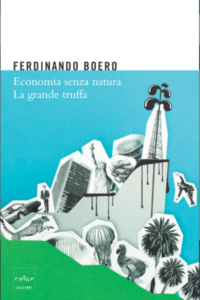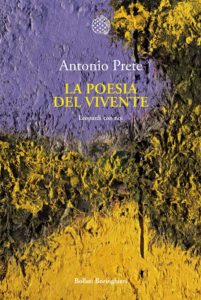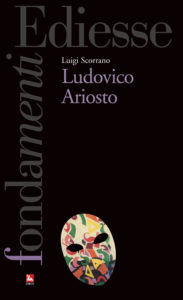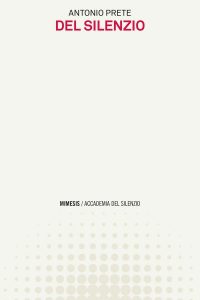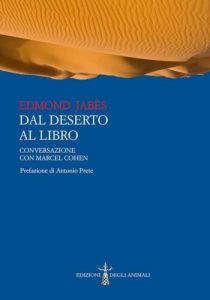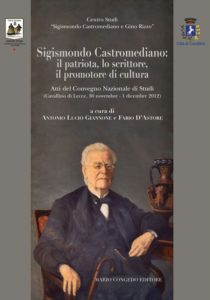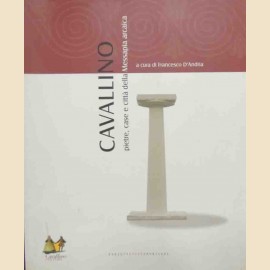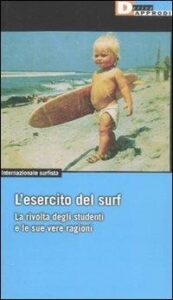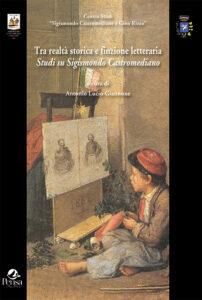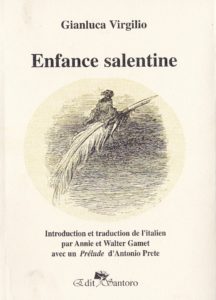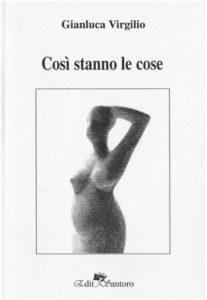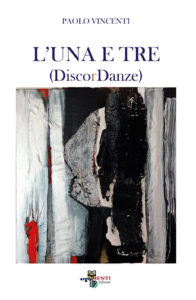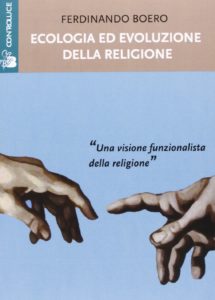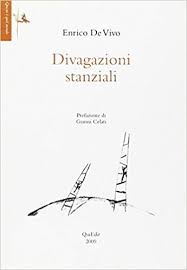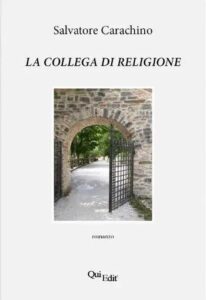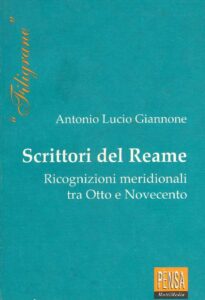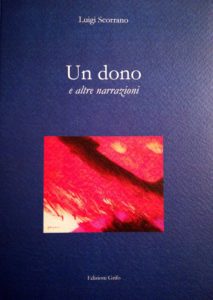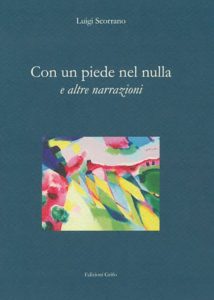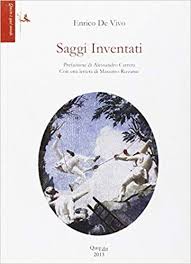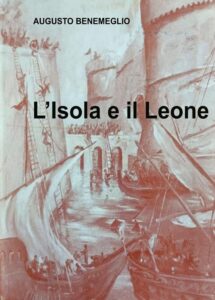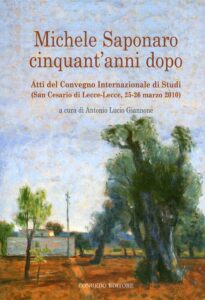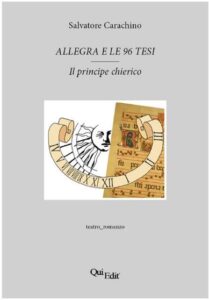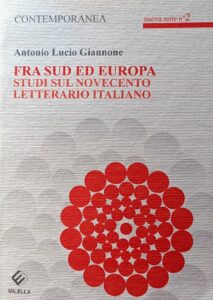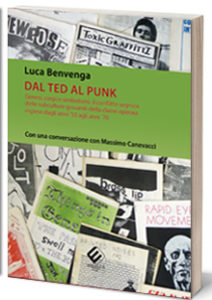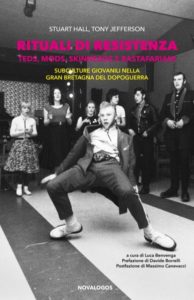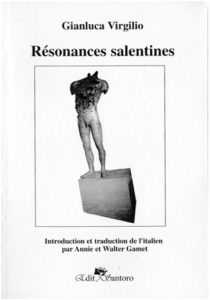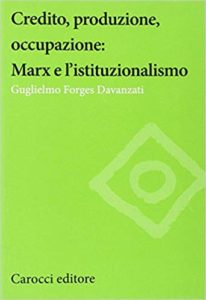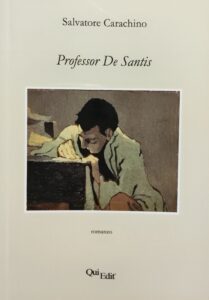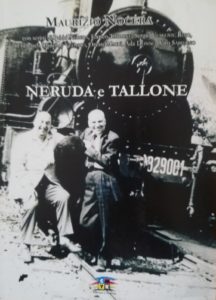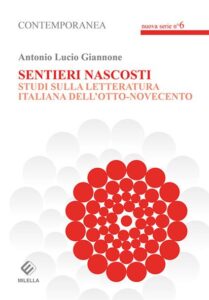di Francesco Frisullo e Paolo Vincenti

ABSTRACT. The work De cognitione Veri Dei apud Litteratos, by the Jesuit from Salento Sabatino de Ursis (1575-1620), a missionary in China, can be considered the starting point of the thorny and secular “Question of rites”, which involved the Church in various several times over, from 1610 to 1939. The work was lost but his arguments were taken up in the drawing up of the Traitè sur quelques points de la religion des chinois by Nicolò Longobardo. The treaty deals with the question of the translation of the word “god” into Chinese, with the compatibility with Catholicism of the Confucian rites attributed to the deceased and Confucius and ultimately with the relationship between Catholicism and Confucianism. Opinions on these subjects were radically divergent, even among the Jesuits themselves, so as to create a profound fracture with all the other religious orders. The treatise by Longobardo, therefore, will not be published by the Jesuitical Society, but by the philosopher Leibniz, in 1701.
RIASSUNTO. L’opera De cognitione Veri Dei apud Litteratos, del gesuita salentino Sabatino de Ursis (1575-1620), missionario in Cina, può essere considerato il punto di partenza della spinosa e secolare “Questione dei riti”, che coinvolse la Chiesa, in varie riprese, dal 1610 al 1939. L’opera fu smarrita ma le sue argomentazioni vennero riprese nella stesura del Traitè sur quelques points de la religion des chinois di Nicolò Longobardo. Il trattato affronta la questione della traduzione del termine “dio” in cinese, della compatibilità con il cattolicesimo dei riti confuciani tributati ai defunti e a Confucio e in definitiva del rapporto tra Cattolicesimo e Confucianesimo. Le opinioni su tali argomenti erano radicalmente divergenti, anche tra gli stessi gesuiti, tanto da creare una frattura profonda con tutti gli altri ordini religiosi. Il trattato di Longobardo, pertanto, non verrà pubblicato dalla Compagnia di Gesù ma dal filosofo Leibniz, nel 1701.

